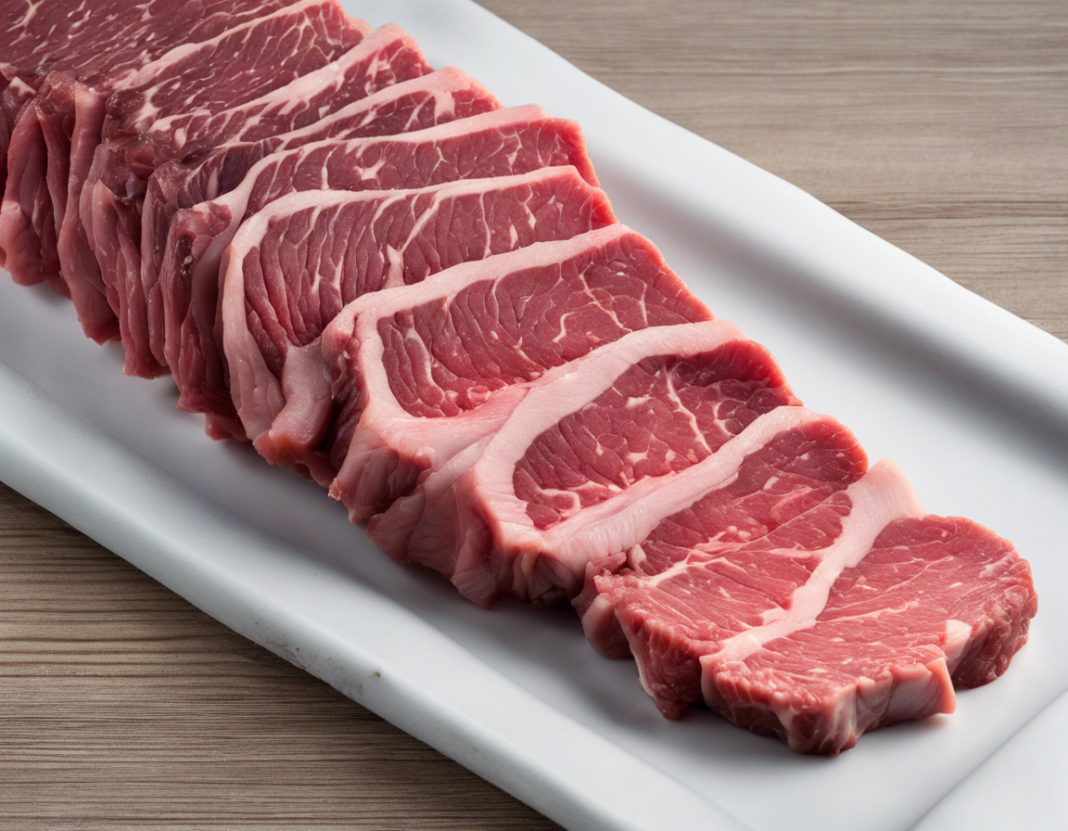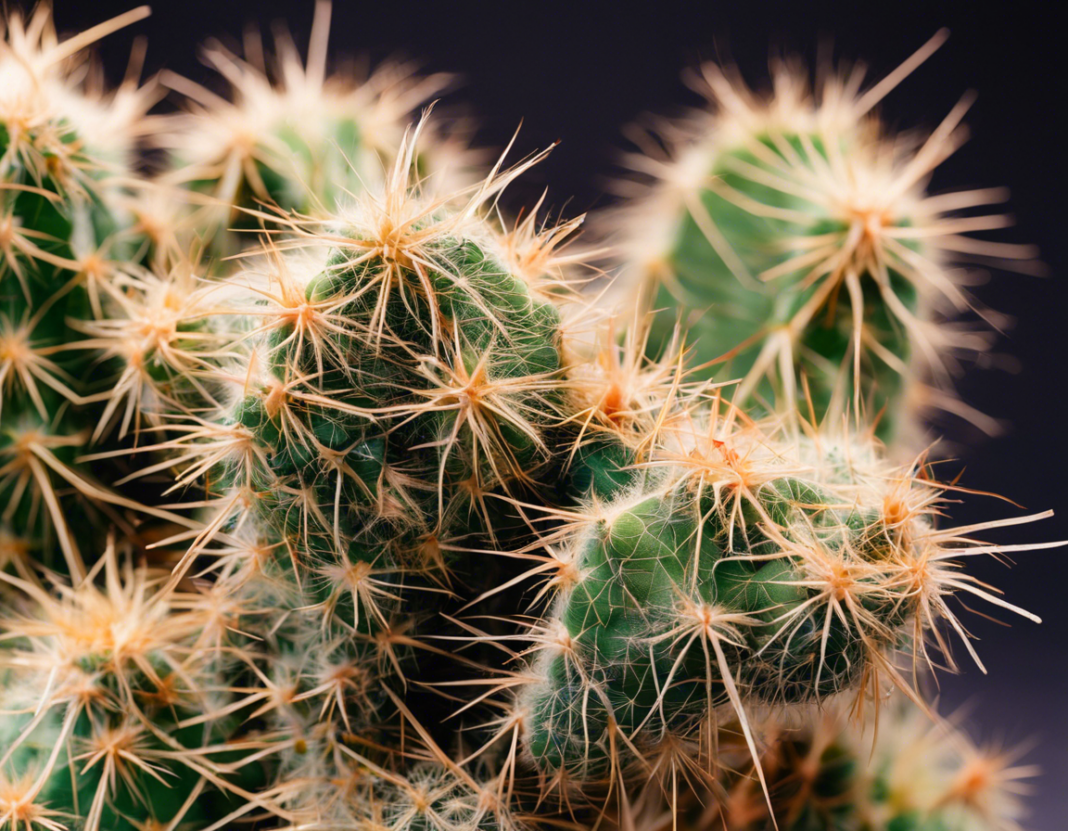Wagyu beef is renowned worldwide for its exceptional marbling, tenderness, and rich umami flavor. Over the years, it has gained a cult following among food connoisseurs and chefs alike. However, what sets Wagyu beef apart from other types of beef is the unique genetics and breeding practices that have been developed over centuries in Japan. In this article, we will delve into the fascinating world of Wagyu cattle, exploring its origins, genetics, breeding methods, and what makes it so highly sought after in the culinary world.
Origins of Wagyu Cattle
The history of Wagyu cattle can be traced back to ancient Japan, where they were primarily used for agricultural purposes, such as plowing fields and transportation. The term “Wagyu” translates to “Japanese cow” (wa meaning Japanese and gyu meaning cow) and encompasses four main strains: Japanese Black, Japanese Brown (or Red), Japanese Polled, and Japanese Shorthorn. Among these, Japanese Black is the most famous and widely recognized for its superior meat quality.
Genetics of Wagyu Cattle
What makes Wagyu beef so highly prized is its exceptional marbling, which is a result of genetic predisposition rather than diet alone. Wagyu cattle are known to have a genetic mutation that increases the number of intramuscular fat cells, leading to the characteristic marbling that sets them apart from other breeds. This genetic predisposition, combined with careful breeding practices, has resulted in meat that is incredibly tender, juicy, and flavorful.
Breeding Methods
The breeding of Wagyu cattle is a meticulous process that involves strict regulations to maintain the integrity of the breed. In Japan, Wagyu cattle are registered and tracked through a comprehensive system to ensure that purebred lines are preserved. Additionally, Wagyu cattle are often bred through a practice known as “line breeding,” where closely related animals are mated to accentuate desirable traits while minimizing genetic defects. This careful selection process is the key to producing Wagyu beef of the highest quality.
Wagyu Outside of Japan
While Wagyu beef is synonymous with Japan, there are now Wagyu cattle being raised in various countries around the world, including the United States, Australia, and Canada. These cattle are often crossbred with other breeds to improve health and productivity while still retaining the desirable marbling and flavor of purebred Wagyu beef. However, it is important to note that true Wagyu beef must come from purebred Wagyu cattle that have been raised and processed according to traditional Japanese methods.
Health Benefits of Wagyu Beef
In addition to its exceptional taste and tenderness, Wagyu beef also offers several health benefits. Wagyu beef is known to be high in monounsaturated fats and omega-3 fatty acids, which are beneficial for heart health. Additionally, Wagyu beef is rich in conjugated linoleic acid (CLA), which has been linked to various health benefits, including reduced body fat and improved immune function. While Wagyu beef is not a low-calorie food, it can be enjoyed as part of a balanced diet for its unique nutritional profile.
Sustainability and Ethical Considerations
As Wagyu beef continues to gain popularity worldwide, there are growing concerns about the sustainability and ethical implications of Wagyu cattle farming. The intensive breeding practices and feed requirements of Wagyu cattle have raised questions about their environmental impact, particularly in terms of land use and water consumption. Additionally, some critics argue that the high demand for Wagyu beef may contribute to animal welfare issues. It is essential for Wagyu producers to address these concerns and strive for more sustainable and ethical farming practices to ensure the long-term viability of the breed.
FAQs about Wagyu Beef:
- What does “Wagyu” mean?
-
“Wagyu” translates to “Japanese cow” in Japanese, referring to a specific breed of cattle known for its exceptional marbling and flavor.
-
What is the difference between Kobe beef and Wagyu beef?
-
Kobe beef is a type of Wagyu beef that comes from a specific region in Japan (Kobe), known for its strict production standards. All Kobe beef is Wagyu, but not all Wagyu beef is Kobe.
-
Why is Wagyu beef so expensive?
-
Wagyu beef is expensive due to its rigorous breeding practices, limited supply, and exceptional quality, which makes it a delicacy among meat lovers.
-
Can Wagyu beef be part of a healthy diet?
-
While Wagyu beef is high in fat and calories, it can be enjoyed in moderation as part of a balanced diet due to its unique nutritional composition.
-
Is all Wagyu beef the same quality?
-
No, the quality of Wagyu beef can vary depending on factors such as genetics, breeding practices, and how the cattle are raised and fed.
-
Are there any ethical concerns associated with Wagyu beef production?
- Some ethical concerns have been raised regarding the intensive breeding practices and environmental impact of Wagyu cattle farming. It is essential for producers to address these issues responsibly.
In conclusion, Wagyu beef is a culinary marvel that has captivated the taste buds of food enthusiasts around the world. From its rich history and genetics to its unparalleled flavor and tenderness, Wagyu beef continues to be a symbol of excellence in the world of gastronomy. As demand for Wagyu beef grows, it is crucial for producers to prioritize sustainability and ethical practices to ensure the longevity of this prized breed for future generations to enjoy.


